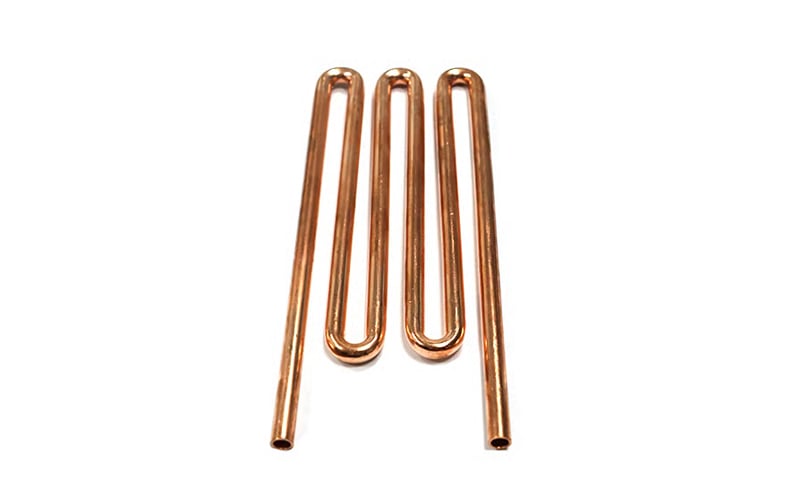What are Flexible Heat Pipes?
Flexible heat pipes are a type of thermal management technology that offer a lightweight and versatile solution for transferring heat from one point to another in various applications. These heat pipes are designed to be bendable and conform to different shapes, making them ideal for applications where traditional heat pipes may not be suitable.
How do Flexible Heat Pipes Work?
Flexible heat pipes work on the principle of phase change heat transfer, where a working fluid evaporates at the heat source, travels through the pipe in a vapor state, and condenses at the heat sink. This process allows for efficient heat transfer without the need for any external power source, making flexible heat pipes a passive and reliable solution for thermal management.
The Benefits of Flexible Heat Pipes
One of the main advantages of flexible heat pipes is their ability to be bent and shaped to fit into tight spaces or around obstacles, allowing for more flexibility in design and placement. They also offer high thermal conductivity and heat transfer efficiency, leading to improved thermal performance and reliability in a wide range of applications.
Applications of Flexible Heat Pipes
Flexible heat pipes are commonly used in various industries, including electronics, automotive, aerospace, and renewable energy. They can be found in heat sinks, LED lighting, battery cooling systems, and other devices where efficient thermal management is essential. Flexible heat pipes are also being increasingly integrated into wearable technology and medical devices.
Flexibility in Design
One of the key advantages of flexible heat pipes is their ability to be custom-designed to meet specific thermal management requirements. Manufacturers can tailor the size, shape, and materials of the heat pipes to optimize their performance in different applications, ensuring maximum heat transfer efficiency and reliability.
Reliability and Durability
Flexible heat pipes are known for their reliability and durability, as they have no moving parts or mechanical components that can wear out over time. This makes them a low-maintenance solution for thermal management, with a long operational lifespan and minimal risk of failure or performance degradation.
Future Trends and Innovations
As the demand for efficient thermal management solutions continues to grow, flexible heat pipes are expected to play a key role in the future of electronics cooling, energy efficiency, and temperature regulation. Ongoing research and development efforts are focused on improving the performance and efficiency of flexible heat pipes for a wide range of applications.
Environmental Considerations
Flexible heat pipes offer a sustainable and environmentally friendly solution for thermal management, as they require no additional energy input and operate passively through natural heat transfer processes. This can help reduce energy consumption, lower carbon emissions, and contribute to a more eco-friendly approach to cooling and heating technologies.
Cost-Effectiveness and Return on Investment
While the initial cost of flexible heat pipes may be higher than traditional cooling solutions, their long-term benefits in terms of energy savings, operational efficiency, and system reliability often result in a positive return on investment. Companies that invest in flexible heat pipe technology can enjoy reduced maintenance costs and improved overall performance in their thermal management systems.
Conclusion
In conclusion, flexible heat pipes offer a promising solution for the future of thermal management in a wide range of industries and applications. Their unique design, efficient heat transfer capabilities, and potential for customization make them a versatile and reliable choice for managing heat in challenging environments. As technology continues to advance and the demand for more energy-efficient solutions grows, flexible heat pipes are likely to play an increasingly important role in shaping the future of thermal management.

